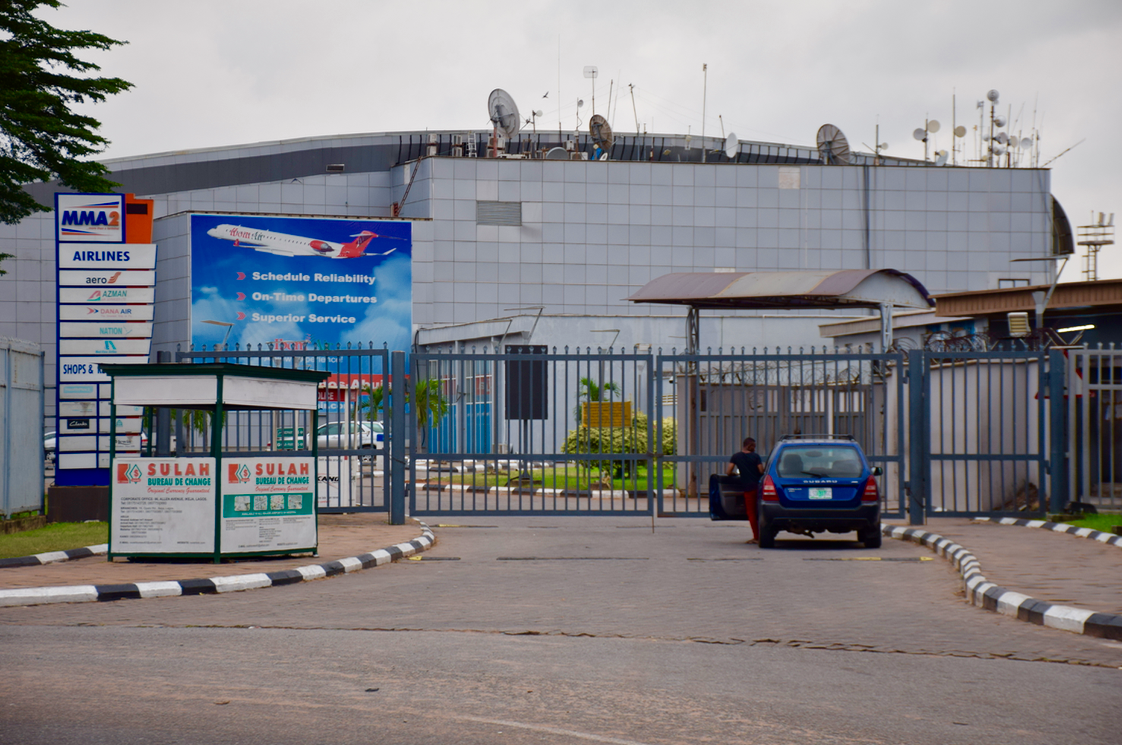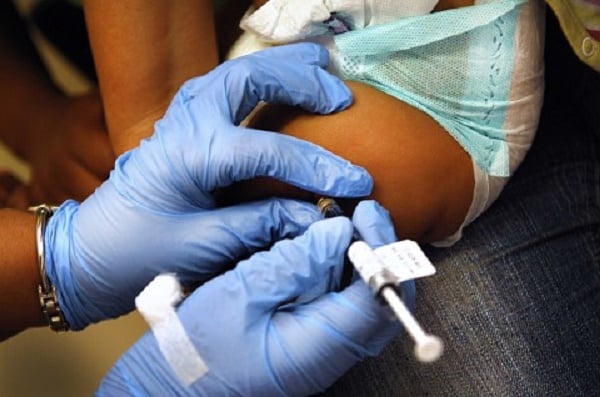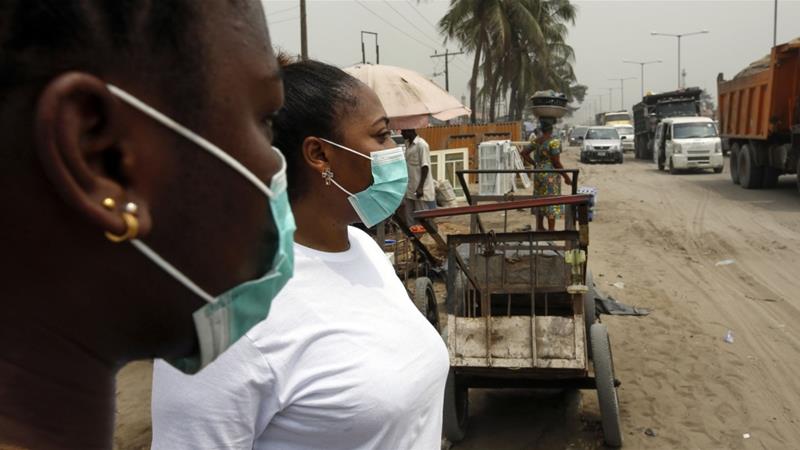BY OKE EPIA
In the fluster of fears and the wear and tear of the coronavirus pandemic, it is possible to have missed the news about the release of the 2018 Oil and Gas Audit by the Nigeria Extractive Industries Transparency Initiative (NEITI) last week. That report reveals that Nigeria earned a total of $32.63 billion from the oil and gas sector in 2018, an increase of 55% from the $20.99 billion received in 2017. That staggering amount is only a tip of the many interesting disclosures contained in the audit.
What I find interesting and bemusing is that this new audit, characteristic of previous ones, awakens the stark realities of Nigeria’s unpalatable management or mismanagement of her huge petroleum resource endowment. But the covid-19 -inspired headwinds hugging Nigeria’s economy and the consequential prospect of a dreary future calls for hard questions. And sincere answers too. Urgently!
No more time for kidding around. If we miss this moment, we may as well kiss the Nigeria of our dreams goodbye. Some say we have been dreaming for too long. Coronavirus has come to wake us up. How ironic that we needed a living nightmare to wake us up from an ‘Alice in wonderland’ reverie. Fortunately, this awakening is a leveler. It comes with adverse effects both for the rich and the poor; for the elite, middle class, the low class and the no class dregs of the earth. This is a moment of truth for all. We can no longer lie to ourselves. There is no question that the virus effect varies across strata but one thing is sure: we are all in this self-inflicted mess together. The borders of choice destinations of the world have been shut – no more shuttling to Europe and America to treat waist pain, sprained limbs, heart aches and headaches.
Advertisement
Yes, you can choose to call this piece a gloom’s day alert. Enough of the niceties and ostrich-playing. We have run away from reality for far too long and now reality has caught up with us. Our oil-dependent economy has caved in to the covid-19 hammer. The signs had always been there but we chose to ignore. We have heard preachments about diversification of the economy from government but that was all it was- empty promises and hollow policies. What responsible nation puts all its eggs in a single-basket commodity that contributes a meager 7.8% to its Gross Domestic Product (GDP)? At least that is what the $32.63billion petroleum earning for 2018 amounts to, according to the NEITI audit. How can a sector that contributed only 30.6% to all exports in 2018 (according to same audit) be the main focus of revenue for a country that is so abundantly blessed with multiple human and material resources? How can a sector that contributed only 0.03% to the total employment aggregate of the country in 2018 (the NEITI audit puts the absolute employment at 19,820 employees) be the sole source of foreign exchange to meet the needs of 200million citizens? A sector that should have been managed to jumpstart and establish other viable revenue earners have for decades remained the ‘curse’ of the nation driving the cancerous greed and uncanny consumption appetite of the ruling elite and its rentier economic side-kicks.
The price of crude oil now hovers around $30/barrel as against $57/barrel in the 2020 appropriation law. Analysts are telling that worse days are ahead in the global oil market with Russia and Saudi Arabia up in arms over production levels. I read a projection that crude could fall to as low as $10/barrel. Nigeria now hawks her wares at incentives far less than what some other producing countries can offer buyers. The other day, the Group Managing Director of the Nigeria National Petroleum Corporation (NNPC), Mr. Melee Kyari, said our crude vessels are hovering over the waters in search of buyers. Scary stuff!
On the fiscal front, the spin-off effects are hitting hard already. While government is scampering around for stimulus packages and palliatives to cushion the effect of the pandemic on citizens, there are strong indications that the state may no longer be able to meet its obligations. As I type this, a news alert just popped announcing that President Muhammadu Buhari has approved the withdrawal of $150million from the vaults of the sovereign investment authority for sharing among the three tiers of government. This source of saving (for the proverbial raining day) will deplete further in the coming months and there may nowhere to go to if it progresses from raining to pouring. Our foreign reserves have already dipped to worrisome levels – a mere $35.16billion as at March 31, 2020, the 9th consecutive drop according to the Central Bank of Nigeria (CBN). The federal government has been forced to suspend its external borrowing plan and may no longer find cash to implement key capital projects in the budget. A substantial budget cut is underway as the executive and legislative branches scramble for buffers. Soon salary payment could be a challenge. It is not only Abuja that is feeling the squeeze as the ill-breeze is wheezing across the land. Already, some states have back-pedaled on the 30,000 naira a month minimum wage for workers. The 36 governors under the aegis of the Nigeria Governors Forum have asked for suspension of deductions from statutory allocations of their states pending a debt restructuring. Already, there is trickling down effects to the masses – the prices of goods, especially food, have gone up as a result of the lockdown in Lagos, Abuja and many other parts of the country. This will likely reduce whatever impact the distribution of tokens to the poorest will make. The 12.20% inflation rate for February, 2020 which was 0.7% higher than what it was in the preceding month of January (according to the Nigeria Bureau of Statistics, NBS), will slide further. We are already scooping from our strategic grains reserves. Doomsday scenarios everywhere. But how did we get here?
Advertisement
How did Nigeria expend N83trillion earned from petroleum (as provided by the Nigeria Natural Resource Charter in a recent publication) in about four decades? Where is all that money gone as Nigeria has become the poverty capital of the world? Where are the roads, rails and airports that befit modern-day transportation infrastructure? Where are the schools and vocational centres that build brains and character in the land? Where are the hospitals and healthcare centres that can cure ailments and treat limbs? The covid-19 pandemic has exposed our neglected and decrepit healthcare facilities like never in the history of our country. Why should we have over 13 million children who are out of school and with no hope of finding the four walls of a classroom? Why should we have leaders and political elite who parade stupendous wealth amidst the seething see of impoverished masses? The questions are legion. The answers are available.
And that is why the work that organizations like NEITI do is very important. They help us understand why we are where we are. We must consciously activate the agency of citizenship to apply the learning received from such audits to demand answers to the hard questions. My team and I at OrderPaper Nigeria are already doing that: we designed and deployed the RemTrack mobile app as an enabler of the inquisition process. Get on board and let us deploy our covid-19-induced reality to change our story as Nigerians.
Epia, a Technology-for-Transparency, Accountability and Good Governance (TAGG-Tech) advocate; and executive director of OrderPaper Nigeria, writes from Abuja. He can be reached via email: [email protected]
Advertisement
Views expressed by contributors are strictly personal and not of TheCable.
Add a comment






